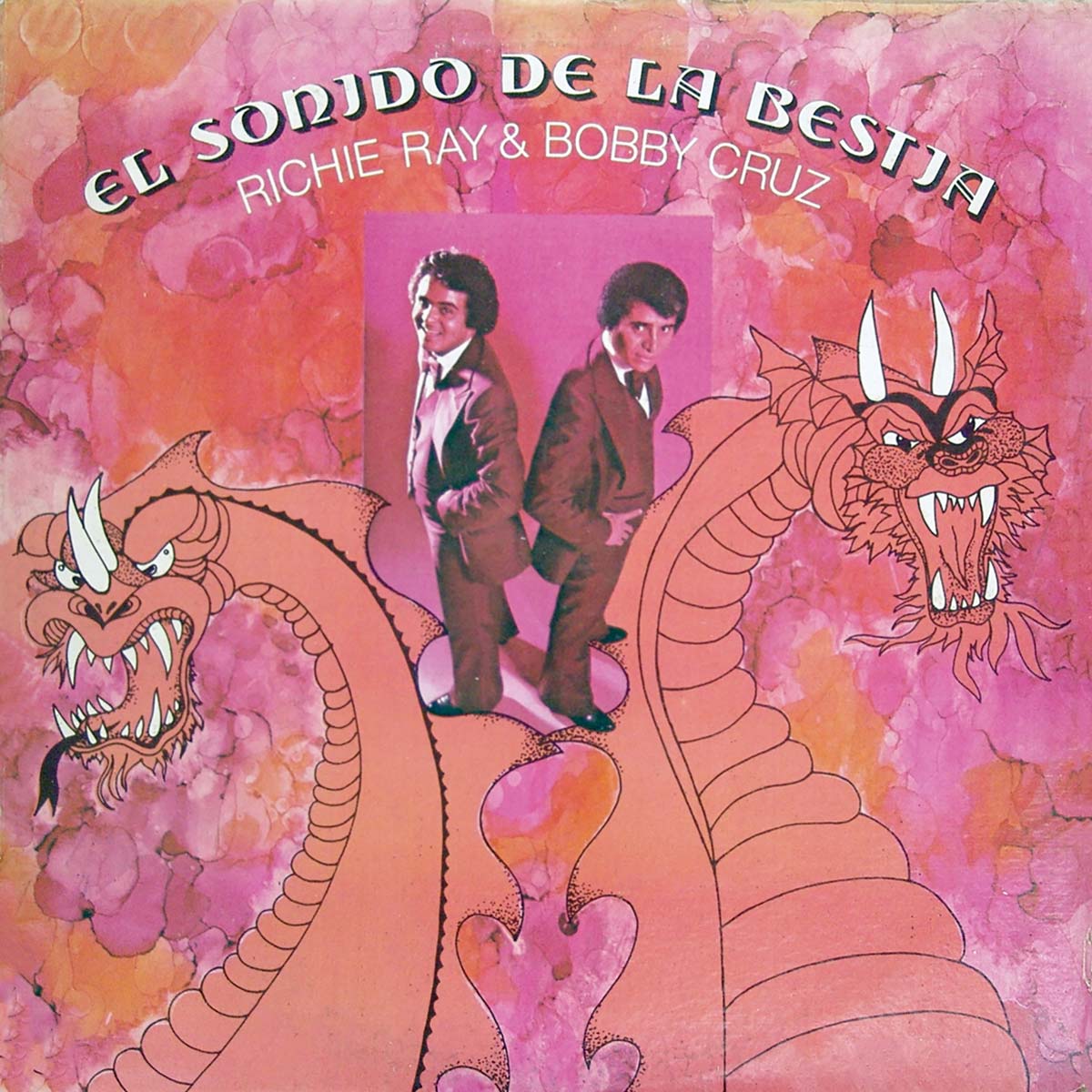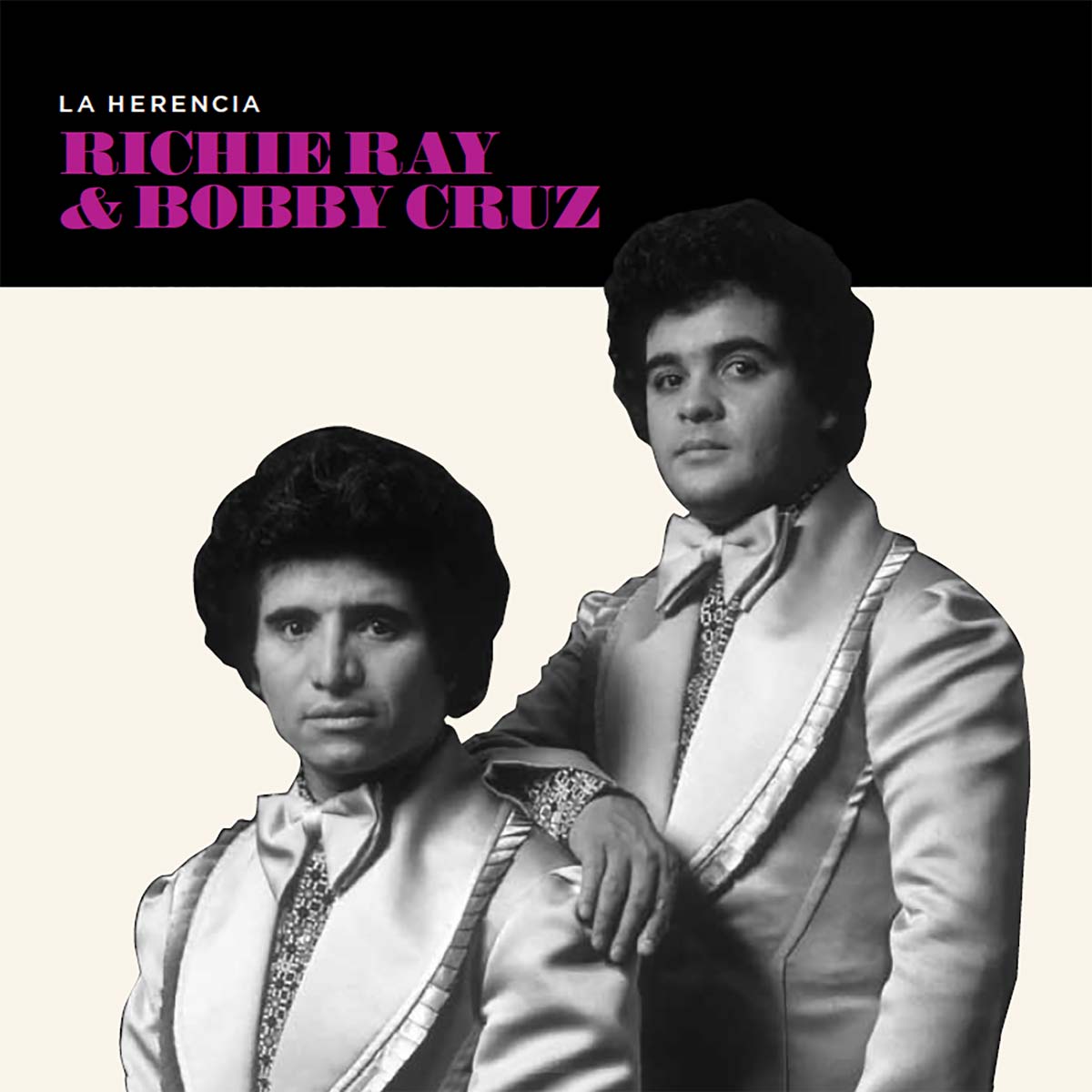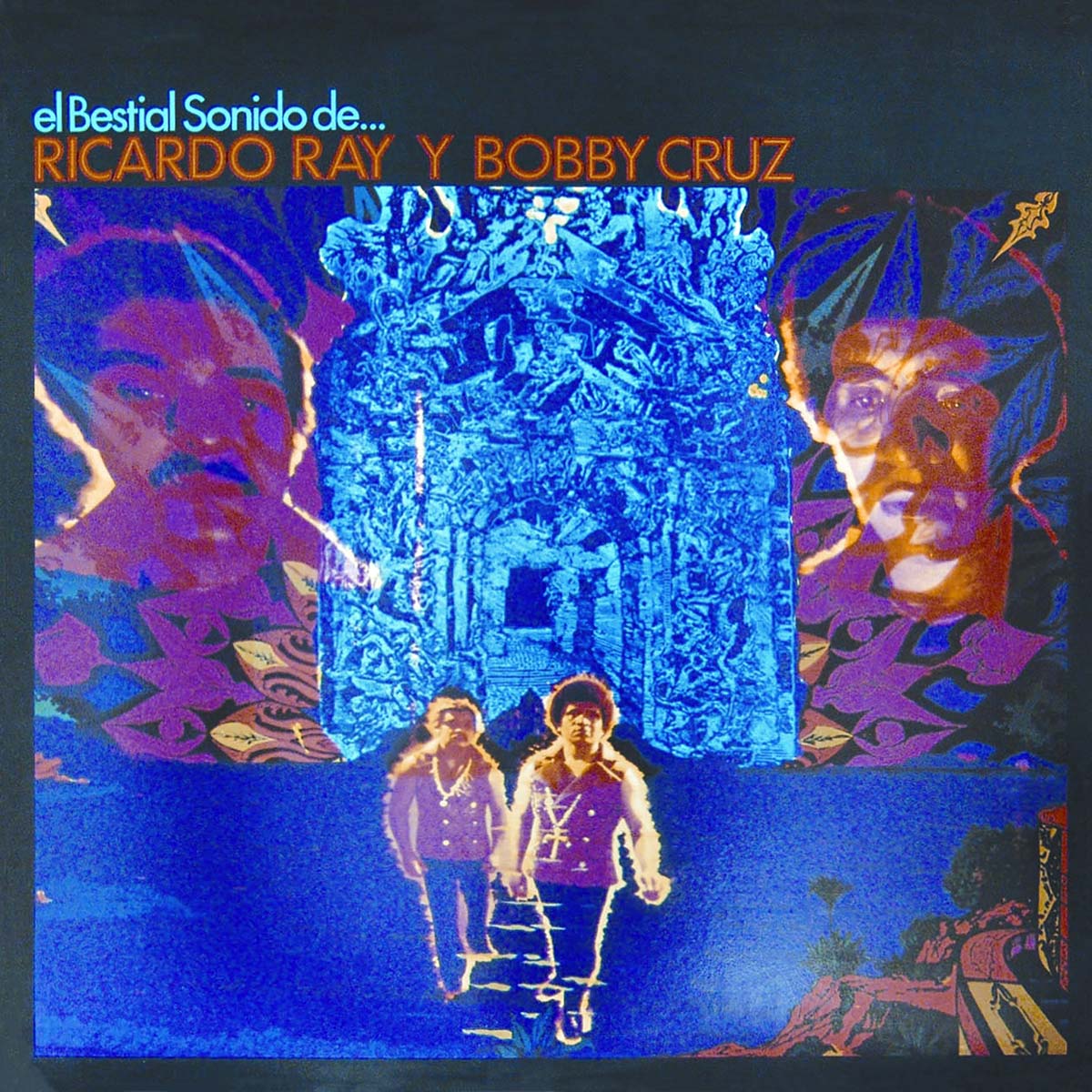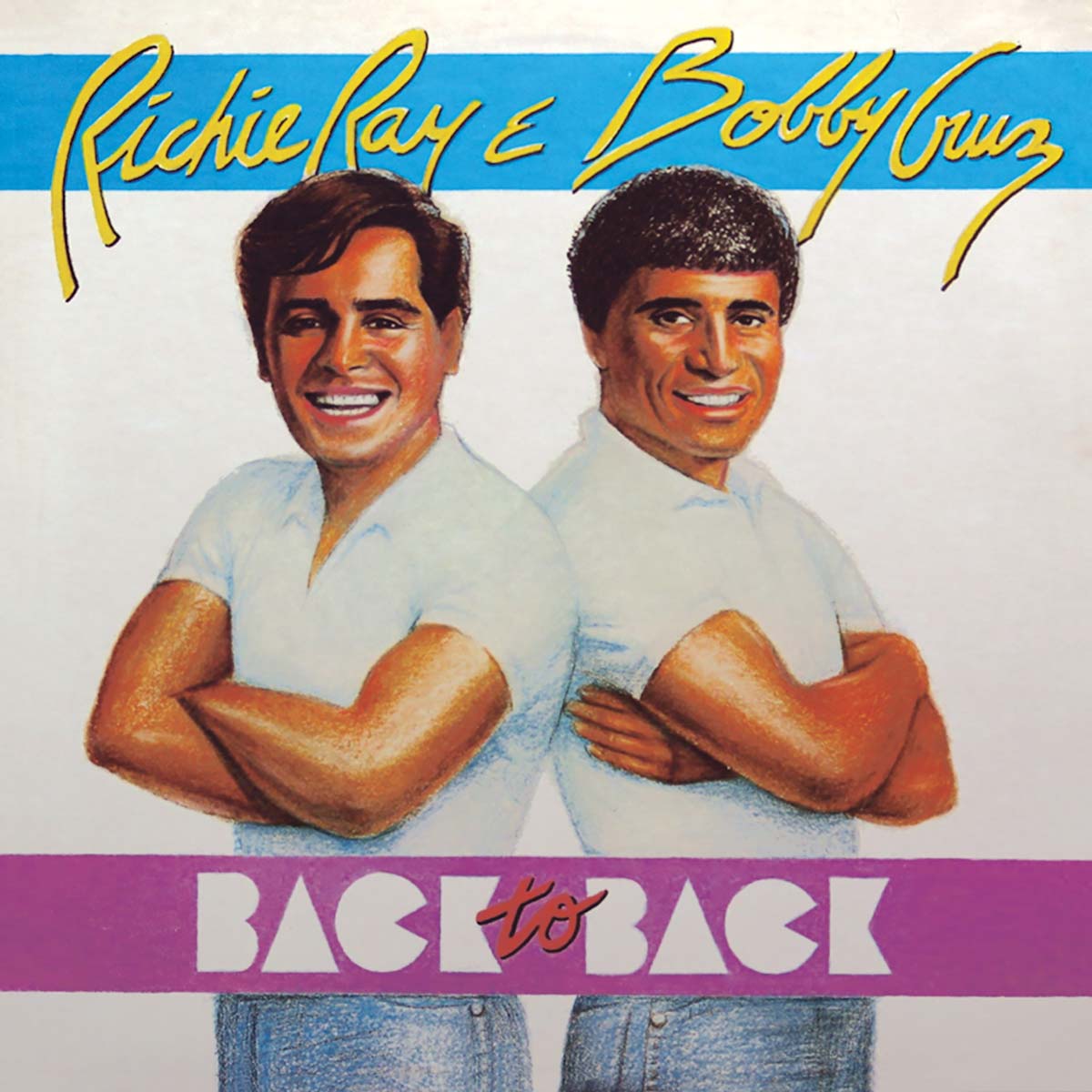
The year was 1970. A group of friends and I were preparing the final dance for my class’ high-school graduation ceremony at the Academia Santa Mónica de Santurce, scheduled to take place in May 1971. It was a time when the boricua dancer was considered conservative if he liked salsa, and go-go if he liked the various North American musical offerings inundating Puerto Rico. There were many discussions about which musical groups would be chosen to liven up this significant occasion, and I remember there was cause for celebration when two important salsa bands were selected.
One was headed by a young percussionist and dancer by the name of Roberto Roena, the other by an incredible pianist who had captivated my musical interest: the New York boricua Ricardo Maldonado, known by his stage name, Richie Ray. Back then, the band was enjoying enormous, otherworldly success with their “Sonido bestial,” one of my favorite albums of all time. It is interesting that fate has led me to review “El sonido de la Bestia,” an album borne of salsa, with a Christian twist. First, I think it is important to talk about the origins of the name Richie Ray. It was actually bass player Bobby Cruz who went to ask Richie and Ray Maldonado’s parents to let the brothers join his New York band. Richie (who was only 13 at the time), Ray, and bassist Bobby Cruz fronted the band. Eventually, Richie, Ray and Bobby Cruz lost the comma and became Richie Ray and Bobby Cruz. Of course, Ray Maldonado continued to be an integral part of the band. However, it is also important to explain how Richie and Bobby found themselves at a spiritual crossroads. “Nothing we were doing before made us happy,” they said to me in an interview for La Prensa several years ago. “The road, the women… these things weighed us down. That was when we started looking for God.” This search brought them the peace and happiness they had been longing for, and the Sonido bestial of Richie Ray and Bobby Cruz is now gospel.
The salsa band was also one of the first to document their journey to Jesus Christ. In one of the tracks from the successful “Sonido bestial,” the intense “Juan en la ciudad,” Ray and Cruz discuss the changes in their lives, hearts, and souls on their new path. In songs like El relajo, Juan en la ciudad, Sólo una vez más, Pa’trá y Pa’trá, Eres tú, Sálvalo, and El sonido de la Bestia, Richie and Bobby praise the Creator and save lives. After more than two decades on the salsa scene, the musicians have found their true calling, and now the salsa of Richie Ray and Bobby Cruz serves God. Richie and Bobby also told me that an interview they did with famed Venezuelan disk jockey Phideas Danilo Escalona had a lasting impact on the name of the musical genre salsa. Richie told me that Escalona interviewed the pair before one of their concerts in Venezuela, and asked them what they called the music they played, since it was possessed of such strong classical, rock, and jazz influences. Ray answered, “The music I play is like ketchup.” Escalona asked him, “Like ketchup?” Ray answered, “Yes. It’s something that adds flavor to your meal.” And so, introducing the orchestra, Escalona said, “And now, the salsa of Richie Ray and Bobby Cruz.” Upon their arrival to New York, the musicians told Jerry Masucci about their experience. Masucci, who was looking for an act to promote the wide variety of musical genres that comprised the sound of Fania on the international market, immediately made up his mind. The rest…. is salsa. Clearly, these musicians have served both Afro-Caribbean music and Jesus Christ very well. “El sonido de la Bestia” is indisputable proof of that. Produced by: Richie Ray and Bobby Cruz Mix: Ray Barretto Engineer: Irv Greenbaum Photography: Jorge Pardo Posse Design: Irene Perlicz
Written by Juan Moreno Velázquez





